Is Costco Stock Worth Buying?
Company Overview
Costco Wholesale Corporation is one of the largest wholesalers in America, and is a multi-billion dollar business. Founded in Seattle, WA in 1983, they have led the way in their field for decades. Their membership model wholesale chain has been increasingly popular, and since their 1993 merger with the first membership wholesale company, Price Club, they have dominated the industry.
Business Model
Costco offers a fairly unique offering to their customers. For the price of their membership, customers receive a combination of both name brands and private label goods, typically in bulk sizing, for less than many of their competitors offer. This, along with offering an e-commerce site for those goods that can be purchased online, makes up the majority of their revenue.
By purchasing their products directly from manufacturers and placing their product on large self-service shelves rather than those typically seen at a supermarket, they charge less for their product and also operate with a smaller staff. This allows Costco to operate with competitive margins, operating at a 3.5% margin, a greater margin than that of competitor Walmart, a more traditional big box retailer.
Is Costco a Risky Investment?
With a more unique business model, and their status as a consumer discretionary stock, is Costco a risky investment? Several factors would suggest that this may not be the case. Every year since 2011, Costco has increased their revenue, and many years by very impressive amounts. Last year, Costco reached an all-time-high in revenue, with over $242 billion, an increase of 6.76% compared to 2022.
This can be partly attributed to Costco’s diversity of product offerings, as well as their low prices. By selling both necessary as well as discretionary goods, Costco has a customer base who shops with them for their daily needs, and while this does not make them “recession proof’, it certainly helps minimize the impact of turbulent economic times. I would say they are recession resistant, and their membership fee helps maintain revenue, while the lower prices of goods as well as that same membership incentivize customers to keep shopping at Costco for their needs, even when the economy is struggling.
:max_bytes(150000):strip_icc()/ar-costco-super-bowl-platter01-4x3-5a8ca13f17ea489b9bd35950dc0e7e32.jpg)
Stock Performance and Outlook
Costco stock is currently trading $815.95. This, while not an all-time high, is still up nearly $100 over the past 6 months, and up $160 from the start of the year. This recent history of strong performance can be in part attributed to the continued success of the company in general. Costco’s revenue has increased every year since 2008, and even then, despite those very difficult economic times, they only decreased their revenue by 1.02%.
This strong growth has been encouraging for investors, but similarly, Costco has increased their dividend regularly too. They have never decreased their dividend, increasing every year since 2004. They offer a fairly low dividend yield, only 0.57% and quarterly yields of $1.15, but there is more than meets the eye with Costco. Costco has offered special dividend payments every approximately 3 years, happening 5 times since 2012. These have historically been several dollars paid back to investors, with the 2024 special dividend payment returning $15. This is discretionary, however, and should not necessarily be expected in the future, but is certainly worth mentioning when evaluating Costco’s stock.
I have used a formula from GuruFocus to evaluate the intrinsic value of companies when I have done these articles previously, and while they don’t tell the full story, they are helpful in determining if a company might be under or overvalued. Currently, they placed the intrinsic value of Costco at $208.27. This falls far, far below the current price of $815.95 that Costco is trading at. Like I said, however, this does not tell the full story.
Price predictions can be difficult, but can at least give a sense for how optimistic or pessimistic others are, and Costco has some positive signs. CoinCodex predicts the price of Costco stock in 2025 to be $960.51. The average price target for Costco is $881.72 indicating that there is still considerable opportunity for growth, in both the short and long-term.
Conclusions
Costco offers a unique business model that is compelling to customers, and resistant to outside economic factors that could otherwise hurt their performance. With a consistent history of increasing both revenue and their dividend, Costco is certainly a compelling stock for those considering it. With price predictions reaching into the range of $1300-$1500 as soon as the end of next year, it seems others are also believing in the potential for Costco. I believe Costco is a buy opportunity that can offer both short as well as long-term potential for investors, and is definitely one to keep an eye on.
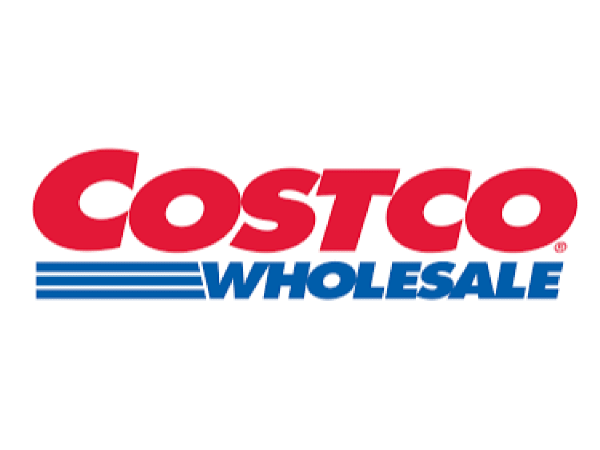




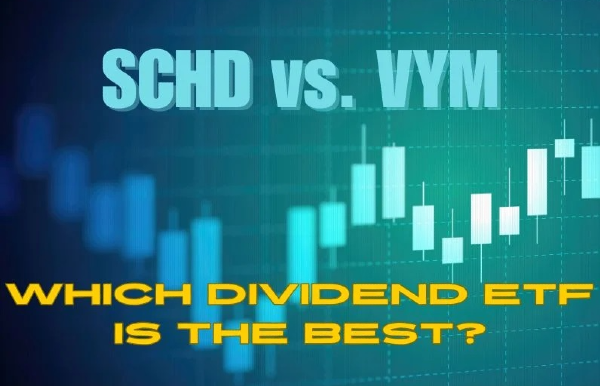
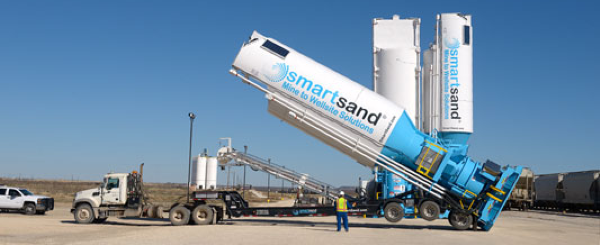
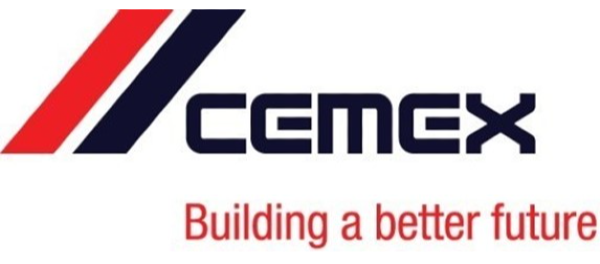

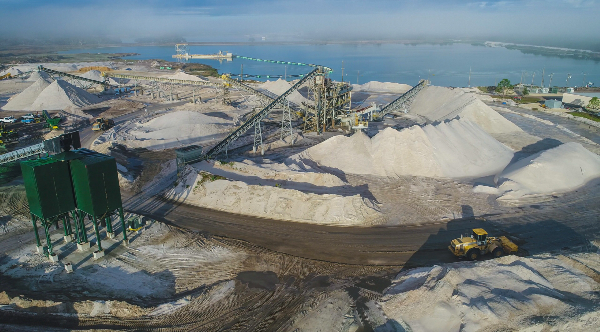





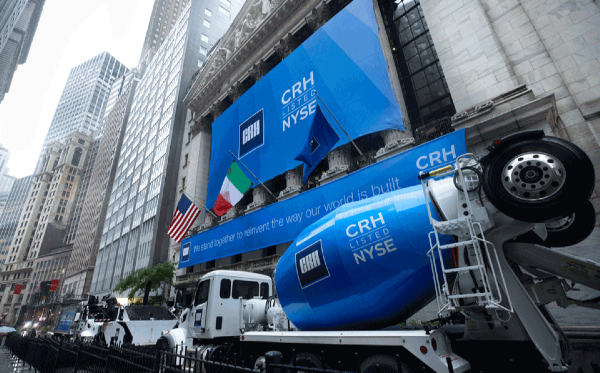

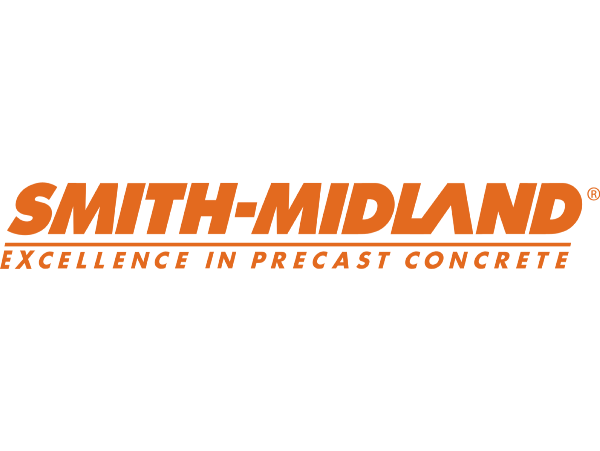
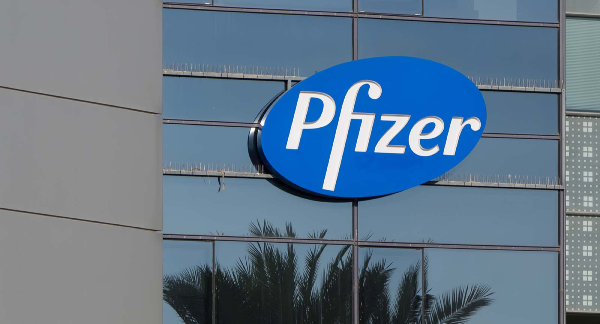

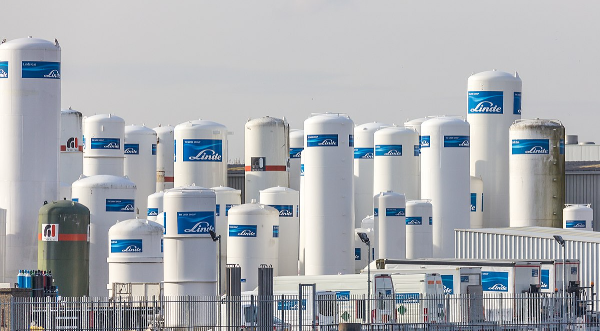
Is Costco Stock Worth Buying?
Company Overview
Costco Wholesale Corporation is one of the largest wholesalers in America, and is a multi-billion dollar business. Founded in Seattle, WA in 1983, they have led the way in their field for decades. Their membership model wholesale chain has been increasingly popular, and since their 1993 merger with the first membership wholesale company, Price Club, they have dominated the industry.
Business Model
Costco offers a fairly unique offering to their customers. For the price of their membership, customers receive a combination of both name brands and private label goods, typically in bulk sizing, for less than many of their competitors offer. This, along with offering an e-commerce site for those goods that can be purchased online, makes up the majority of their revenue.
By purchasing their products directly from manufacturers and placing their product on large self-service shelves rather than those typically seen at a supermarket, they charge less for their product and also operate with a smaller staff. This allows Costco to operate with competitive margins, operating at a 3.5% margin, a greater margin than that of competitor Walmart, a more traditional big box retailer.
Is Costco a Risky Investment?
With a more unique business model, and their status as a consumer discretionary stock, is Costco a risky investment? Several factors would suggest that this may not be the case. Every year since 2011, Costco has increased their revenue, and many years by very impressive amounts. Last year, Costco reached an all-time-high in revenue, with over $242 billion, an increase of 6.76% compared to 2022.
This can be partly attributed to Costco’s diversity of product offerings, as well as their low prices. By selling both necessary as well as discretionary goods, Costco has a customer base who shops with them for their daily needs, and while this does not make them “recession proof’, it certainly helps minimize the impact of turbulent economic times. I would say they are recession resistant, and their membership fee helps maintain revenue, while the lower prices of goods as well as that same membership incentivize customers to keep shopping at Costco for their needs, even when the economy is struggling.
Stock Performance and Outlook
Costco stock is currently trading $815.95. This, while not an all-time high, is still up nearly $100 over the past 6 months, and up $160 from the start of the year. This recent history of strong performance can be in part attributed to the continued success of the company in general. Costco’s revenue has increased every year since 2008, and even then, despite those very difficult economic times, they only decreased their revenue by 1.02%.
This strong growth has been encouraging for investors, but similarly, Costco has increased their dividend regularly too. They have never decreased their dividend, increasing every year since 2004. They offer a fairly low dividend yield, only 0.57% and quarterly yields of $1.15, but there is more than meets the eye with Costco. Costco has offered special dividend payments every approximately 3 years, happening 5 times since 2012. These have historically been several dollars paid back to investors, with the 2024 special dividend payment returning $15. This is discretionary, however, and should not necessarily be expected in the future, but is certainly worth mentioning when evaluating Costco’s stock.
I have used a formula from GuruFocus to evaluate the intrinsic value of companies when I have done these articles previously, and while they don’t tell the full story, they are helpful in determining if a company might be under or overvalued. Currently, they placed the intrinsic value of Costco at $208.27. This falls far, far below the current price of $815.95 that Costco is trading at. Like I said, however, this does not tell the full story.
Price predictions can be difficult, but can at least give a sense for how optimistic or pessimistic others are, and Costco has some positive signs. CoinCodex predicts the price of Costco stock in 2025 to be $960.51. The average price target for Costco is $881.72 indicating that there is still considerable opportunity for growth, in both the short and long-term.
Conclusions
Costco offers a unique business model that is compelling to customers, and resistant to outside economic factors that could otherwise hurt their performance. With a consistent history of increasing both revenue and their dividend, Costco is certainly a compelling stock for those considering it. With price predictions reaching into the range of $1300-$1500 as soon as the end of next year, it seems others are also believing in the potential for Costco. I believe Costco is a buy opportunity that can offer both short as well as long-term potential for investors, and is definitely one to keep an eye on.